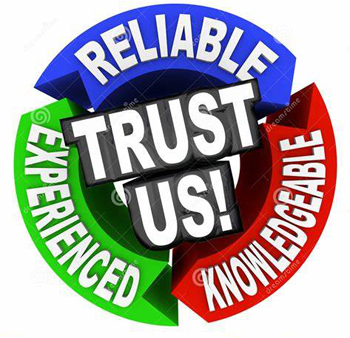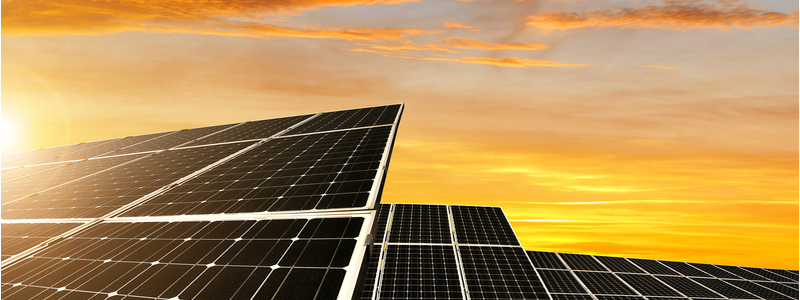Do your Alburquerque Solar Shopping Today
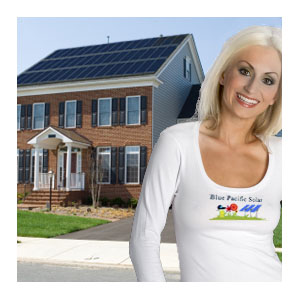
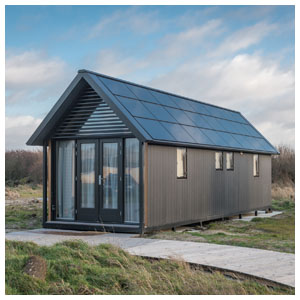
Off-Grid Systems
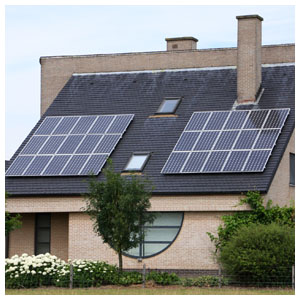
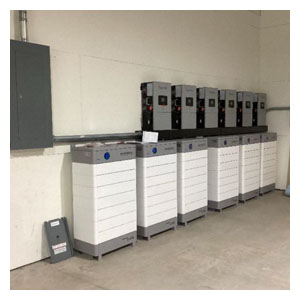
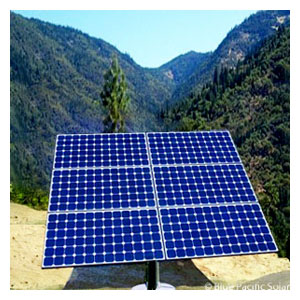
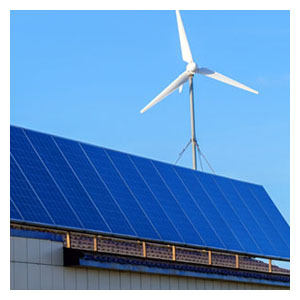










Albuquerque, nestled in the high desert of New Mexico, boasts over 300 days of sunshine annually, making it a prime location for harnessing solar energy. Whether you're an Albuquerque homeowner seeking energy independence, a sustainability enthusiast, or simply looking to reduce your reliance on the grid, installing solar panels is a viable and rewarding option. But with various system types available, navigating the path to DIY solar power can be daunting. This article delves into the specifics of off-grid, grid-tied, and hybrid solar systems, empowering you to make informed decisions about your Albuquerque solar journey.
If complete energy autonomy is your goal, off-grid solar systems are the way to go. These systems capture sunlight through solar panels, convert it to electricity through inverters, and store it in batteries for later use. Albuquerque's abundant sunshine makes off-grid living a feasible reality, allowing you to power your home appliances, lighting, and even electronics without relying on the utility grid.
Solar panels: Capture sunlight and convert it to direct current (DC) electricity.
Charge controller: Regulates the charging of batteries to prevent overcharging or damage.
Inverter: Converts DC electricity from the panels to alternating current (AC) electricity, usable by household appliances.
Batteries: Store excess solar energy for use when the sun isn't shining.
Energy independence: No more reliance on the grid or fluctuating electricity bills.
Environmental sustainability: Generate clean, renewable energy from the sun.
Disaster resilience: Provides backup power during outages or emergencies.
Higher upfront costs: Batteries and inverters can be expensive.
System design complexity: Requires careful sizing and planning to meet energy needs.
Weather dependence: Limited power generation on cloudy or rainy days.
For those seeking a balance between solar power and grid security, grid-tied systems offer a compelling option. These systems function similarly to off-grid systems, but instead of storing excess energy in batteries, they feed it back into the utility grid through a net meter. This allows you to offset your electricity consumption from the grid with solar energy you generate, potentially reducing your electricity bills significantly.
Lower upfront costs: No need for expensive batteries.
Simpler system design: Easier to install and maintain
Net metering: Save money on your electricity bills.
Grid backup: Access to grid power when solar energy is insufficient.
Dependence on the grid: Power outages disrupt solar energy production.
Net metering policies: Vary by utility company and location.
Excess energy limitations: Utilities may not pay for all excess energy produced.
For maximum flexibility and reliability, hybrid systems combine elements of both off-grid and grid-tied systems. These systems typically include solar panels, an inverter, batteries, and a connection to the utility grid. This allows you to store excess solar energy in batteries for later use, while also having access to grid power when needed. Hybrid systems are ideal for Albuquerque residents who experience occasional power outages or want greater control over their energy usage.
Energy independence: Store excess solar energy for use during outages.
Reduced reliance on the grid: Lower electricity bills and increased self-sufficiency.
Backup power: Grid connection provides security during extended periods of low solar production.
Highest upfront costs: Combines expenses of off-grid and grid-tied systems.
Complex system design: Requires careful planning and component selection.
Maintenance considerations: Batteries require periodic upkeep and replacement.
Whether you choose off-grid, grid-tied, or hybrid, installing your own solar panels in Albuquerque can be a rewarding experience. Numerous local resources and solar installation companies are available to assist you in navigating the permitting process, system design, and installation.

